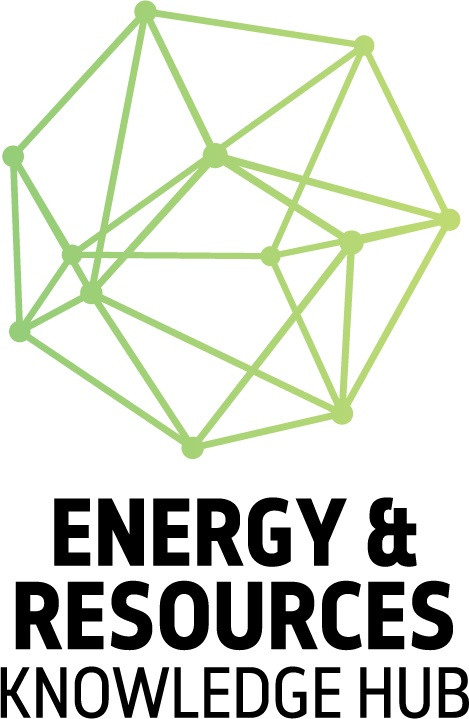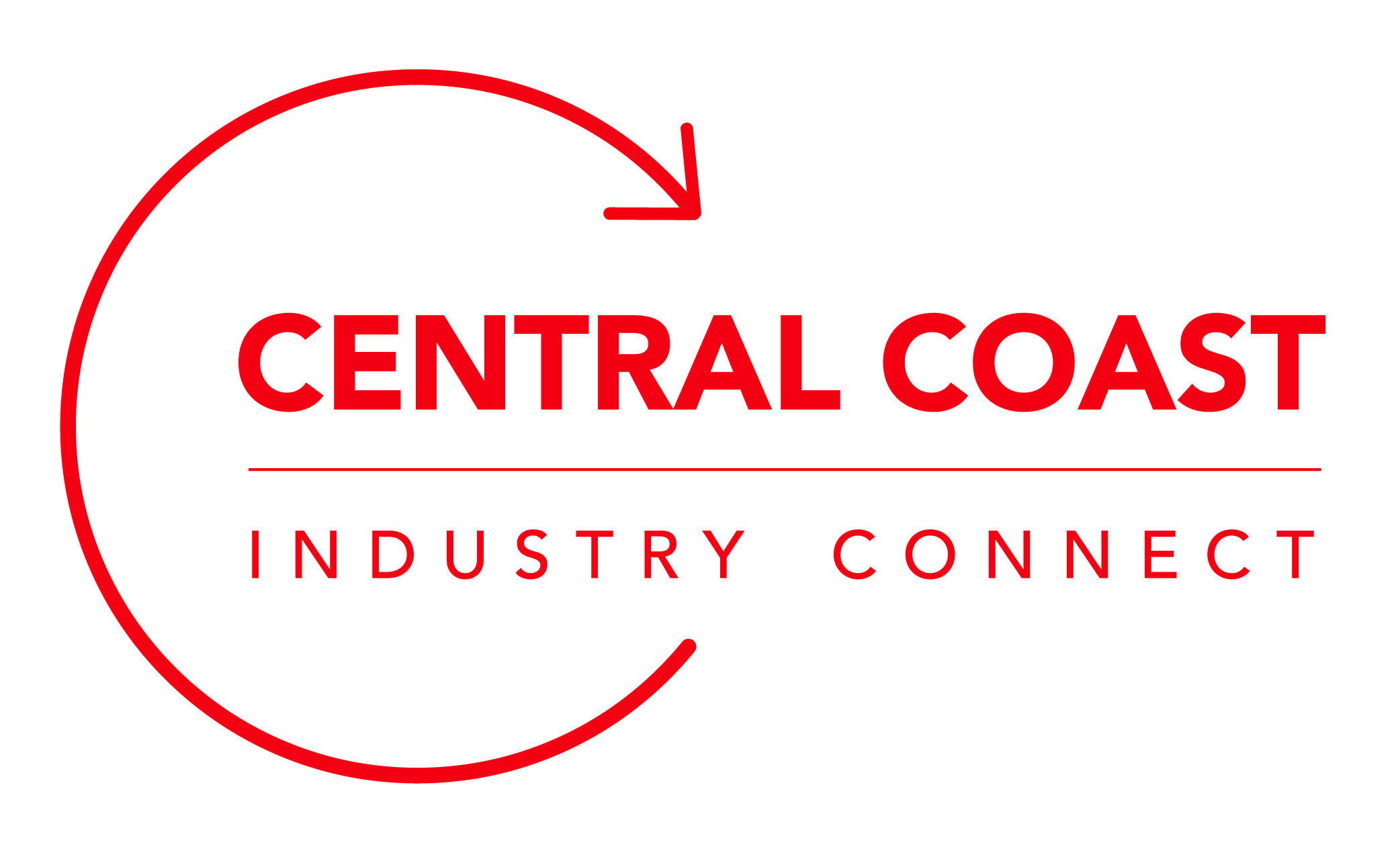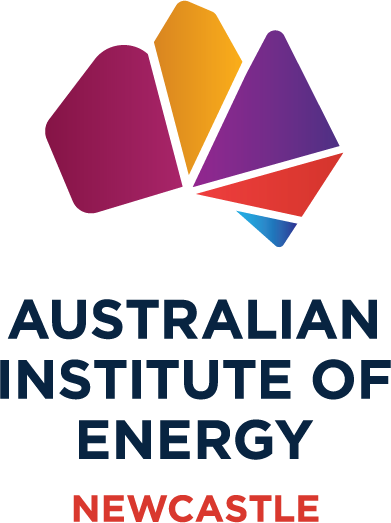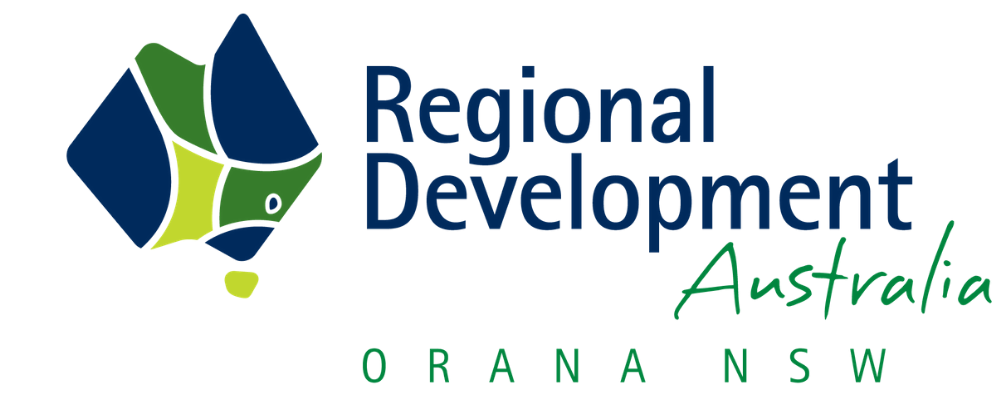Report: Misinformation and uncertainty about renewable energy timeline threatens transition
A new Climate Council report claims many Australians are unaware of how far the transition to renewables has progressed and what lies ahead, risking delays in the energy transition.

Australians are underestimating the pace and extent of the country's shift to renewable energy, according to a recent Essential Research poll commissioned by the Climate Council. The report, Electric Shock! Australia’s Lightbulb Moment, reveals a widespread knowledge gap that could slow progress in achieving the nation’s renewable energy goals.
The Climate Council warns that a lack of awareness creates opportunities for misinformation, which could undermine trust in the energy transition.
Despite four-fifths of Australia’s electricity expected to come from renewable sources by 2030, and all remaining coal-fired power stations set to close by 2040, the poll indicates many Australians are unaware of these developments. Nearly half (48%) of respondents believe renewables will account for less than 80% of electricity by 2030, while only 6% correctly identified the figure as being between 80-89%. Additionally, more than a third (38%) are uncertain about the timeline for coal power plant closures.
The report found that over half (56%) of respondents underestimated the length of time renewables have been part of Australia’s energy history, with large-scale solar and wind projects dating back to the 1980s. Climate Council Fellow Andrew Stock highlighted the need for better public understanding, stating, “Improving public education on renewables can build confidence and support for the next chapter as Australia continues to shed polluting fossil fuels like coal, oil, and gas out of the energy system.”
Climate Councillor Greg Bourne said, “One in three Aussie households now have solar on their rooftops – making rooftop solar three times more common than the backyard pool. Yet a lot of Australians are surprised to learn that we’ve been building our solar and wind since the 1980s. These renewable energy sources have been powering us for longer than people think.”
The polling also aligns with calls from advocacy groups like independent not-for-profit Australian Renewable Energy Alliance (RE-Alliance), which is campaigning for Local Energy Hubs to bridge the information gap in regional communities. These hubs, staffed by independent experts, would provide outreach and support to help locals understand how to navigate the energy transition. RE-Alliance National Director Andrew Bray explained, “Local Energy Hubs would deliver the much-needed information that communities are telling us they need.”
The Climate Council’s Momentum Monitor, a tool that tracks the progress of climate solutions in Australia’s energy, transport, and industry sectors, also aims to address these challenges. With quarterly updates, it provides insights into how the renewable energy transition is advancing.
The report calls on governments and energy companies to improve communication and provide clear, accurate information about the progress and benefits of renewable energy. Bourne added, “The more Australians understand, the quicker we can build momentum and ensure a smooth shift to renewable energy before the lights go out.”












